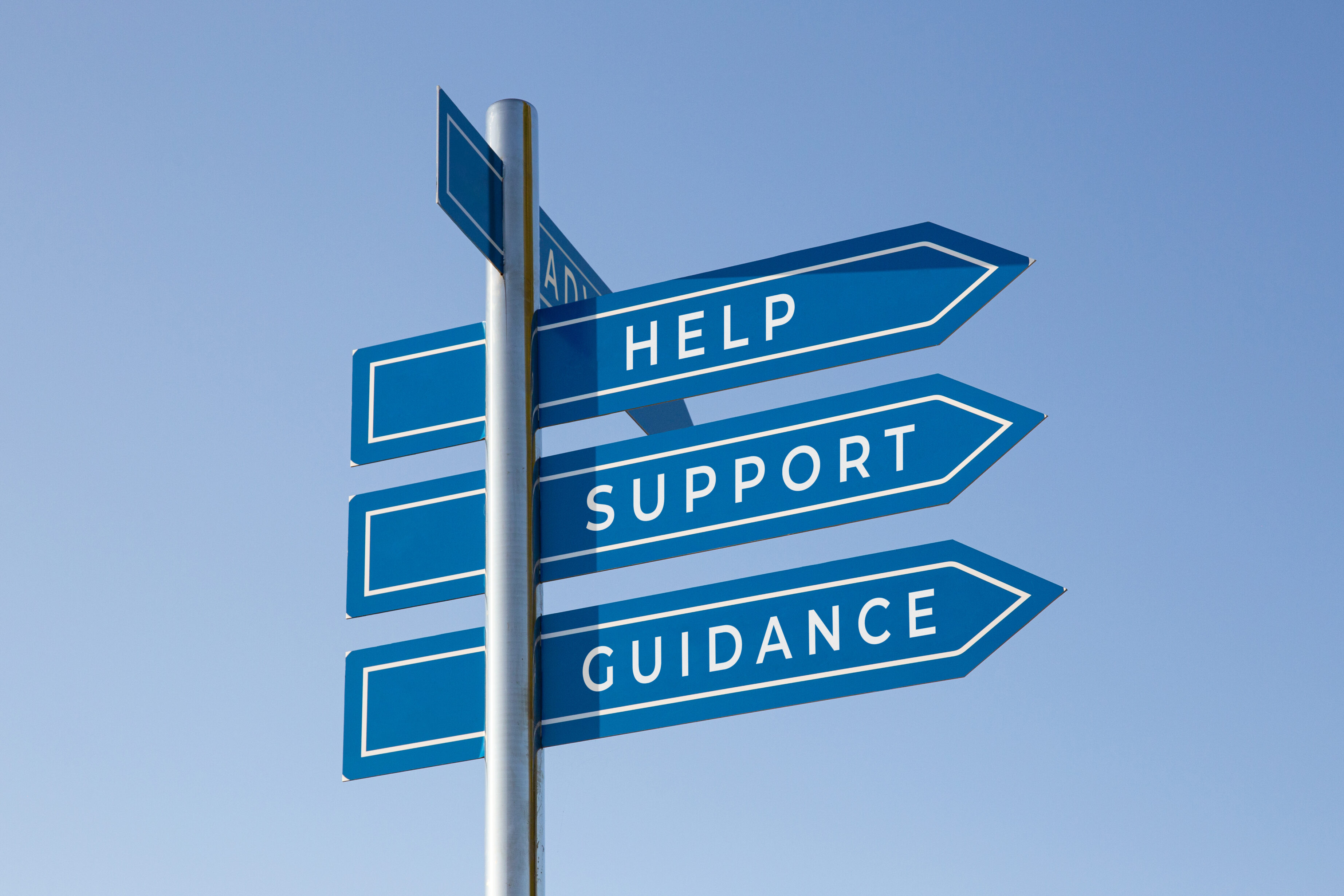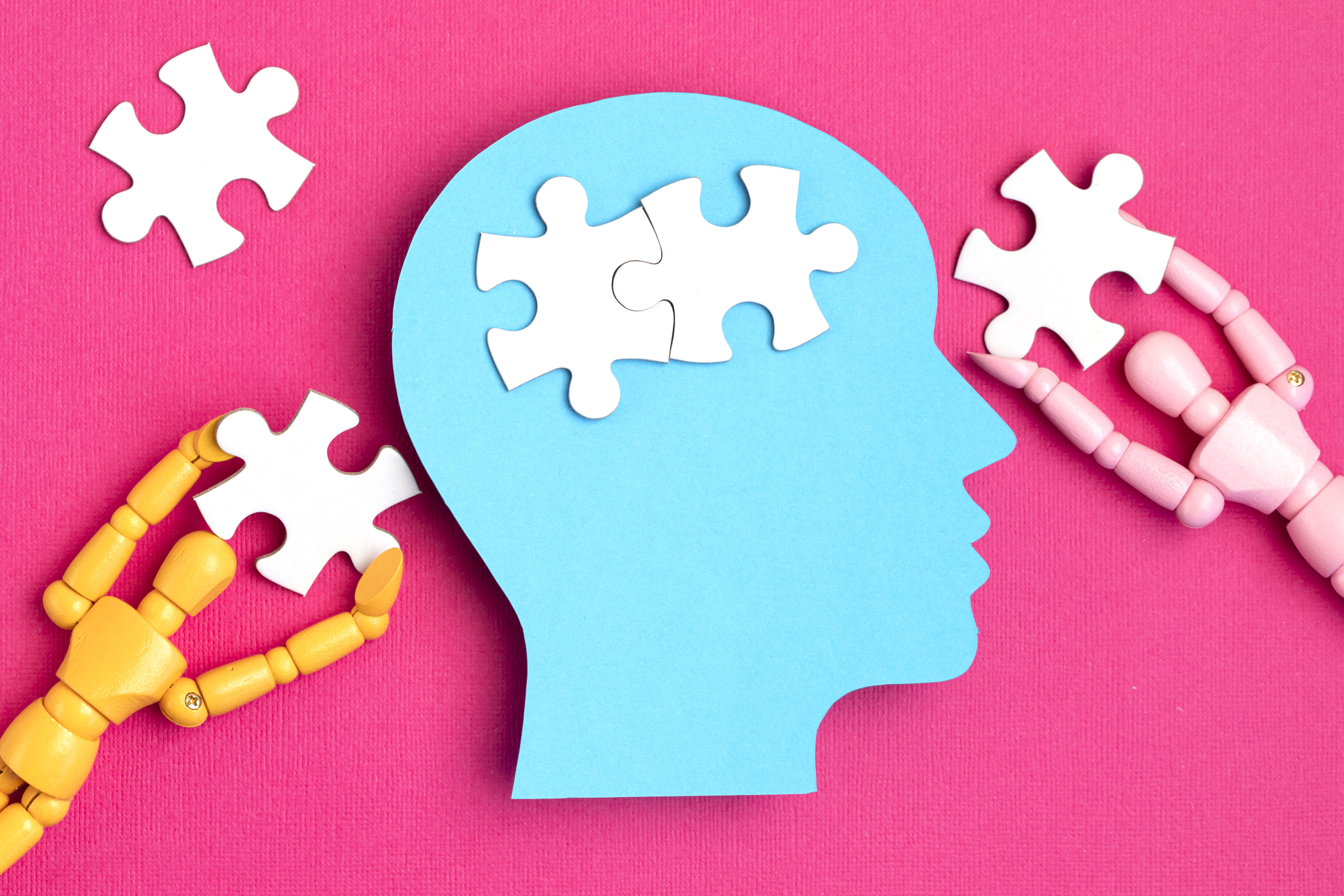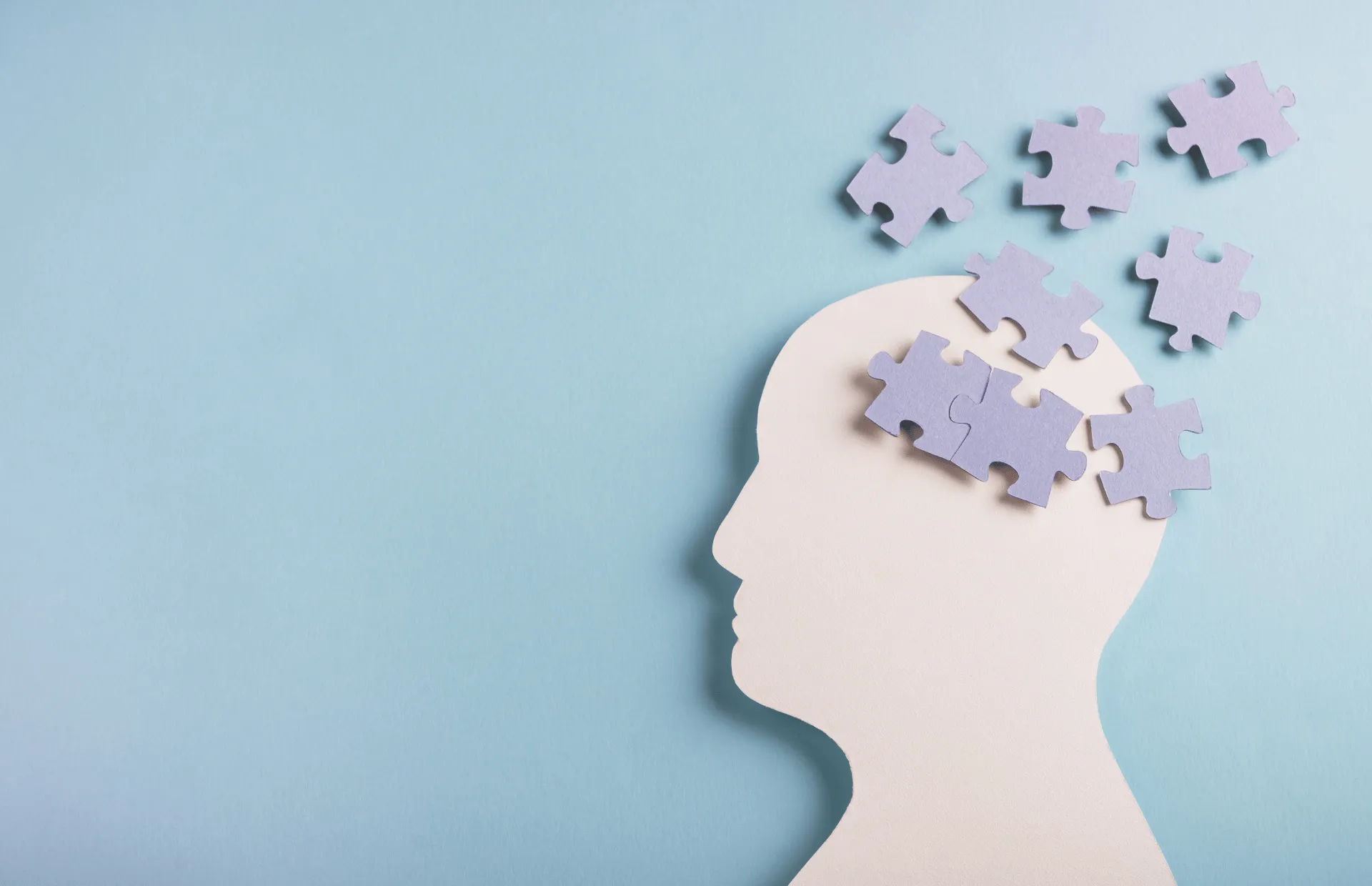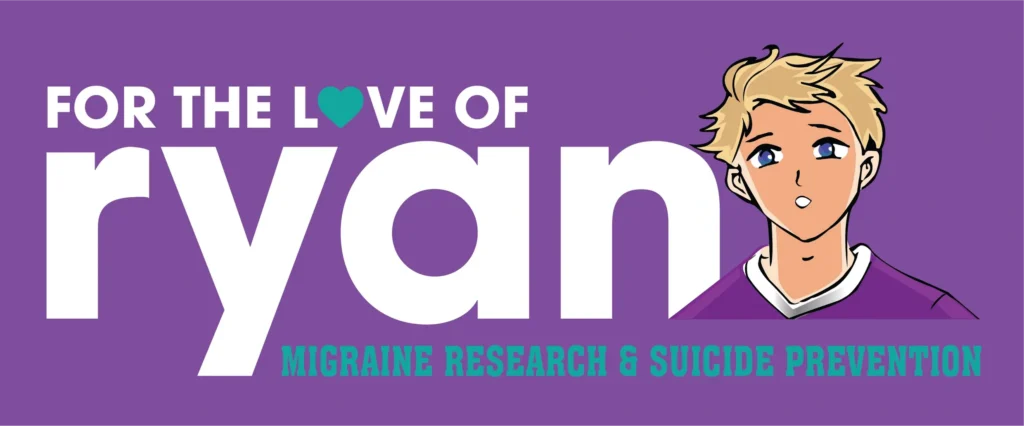Migraine, a complex neurological condition, are far more than just intense headaches. They are a source of profound physical and emotional distress for millions worldwide, often leading to a significant decline in quality of life. The invisible nature of this affliction exacerbates the emotional toll, linking migraine closely with mental health challenges such as anxiety and depression. Understanding and addressing this link is essential for those seeking relief and a return to normalcy.
Understanding Migraine
Migraine are characterized by debilitating pain, typically on one side of the head, accompanied by symptoms like nausea, vomiting, and extreme sensitivity to light and sound. For some, these episodes are preceded by an aura, presenting as visual disturbances, tingling sensations, or speech difficulties. The unpredictability and severity of migraine can disrupt work, relationships, and personal well-being.
The Connection Between Migraine and Mental Health
Research consistently shows a bidirectional relationship between migraine and mental health conditions. Individuals suffering from chronic migraine are at a higher risk of developing mental health issues, particularly depression and anxiety. The stress of living with chronic pain can trigger these conditions, while existing mental health issues can exacerbate migraine symptoms, creating a vicious cycle of pain and psychological distress.
Coping Strategies for Migraine Sufferers
Managing migraine effectively requires a multifaceted approach, addressing both the physical symptoms and their psychological impact. Here are some strategies that can help:
- Medical Interventions: Consultation with a neurologist or headache specialist is crucial. Preventive medications and acute treatment options can reduce the frequency and severity of attacks. It’s also essential to follow a tailored treatment plan that may include prescription medications, over-the-counter pain relievers, or even newer therapeutics like CGRP inhibitors.
- Psychological Support: Therapy and counseling can offer valuable coping mechanisms for the stress, anxiety, and depression that often accompany migraine. Support groups, whether online or in-person, provide a platform to share experiences and strategies, reducing feelings of isolation.
- Lifestyle Modifications: Simple changes in daily habits can make a significant difference. These include maintaining a consistent sleep schedule, staying hydrated, avoiding known migraine triggers, and incorporating regular physical activity into your routine.
Self-Help Techniques for Managing Migraine-Related Anxiety and Depression
- Mindfulness and Meditation: These practices can help reduce stress levels, which may, in turn, decrease the frequency of migraine attacks. Mindfulness encourages a focus on the present moment, helping to alleviate anxiety.
- Cognitive-Behavioral Therapy (CBT): CBT techniques can be particularly effective in managing the negative thought patterns associated with chronic pain. Learning to challenge and reframe these thoughts can lead to a more positive outlook and reduced stress.
- Building a Support Network: Connecting with others who understand the unique challenges of living with migraine can provide emotional support and valuable insights into managing the condition.
Professional Help and Resources
Recognizing when to seek professional help is crucial. If migraine or their mental health effects are interfering with daily life, it’s time to consult a healthcare provider. For those looking for support, numerous organizations and online resources specialize in helping individuals with migraine and associated mental health challenges.
Lighting the Path Together
At For the Love of Ryan, we understand the intricate dance between physical and mental health, as exemplified by the challenges of living with migraine. By advocating for comprehensive care and support, we aim to light a path to relief and understanding for those affected. Your involvement and support help us expand the conversation around migraine and mental health, fostering a community where no one has to navigate their pain alone. Together, we can build a network of hope and healing.









